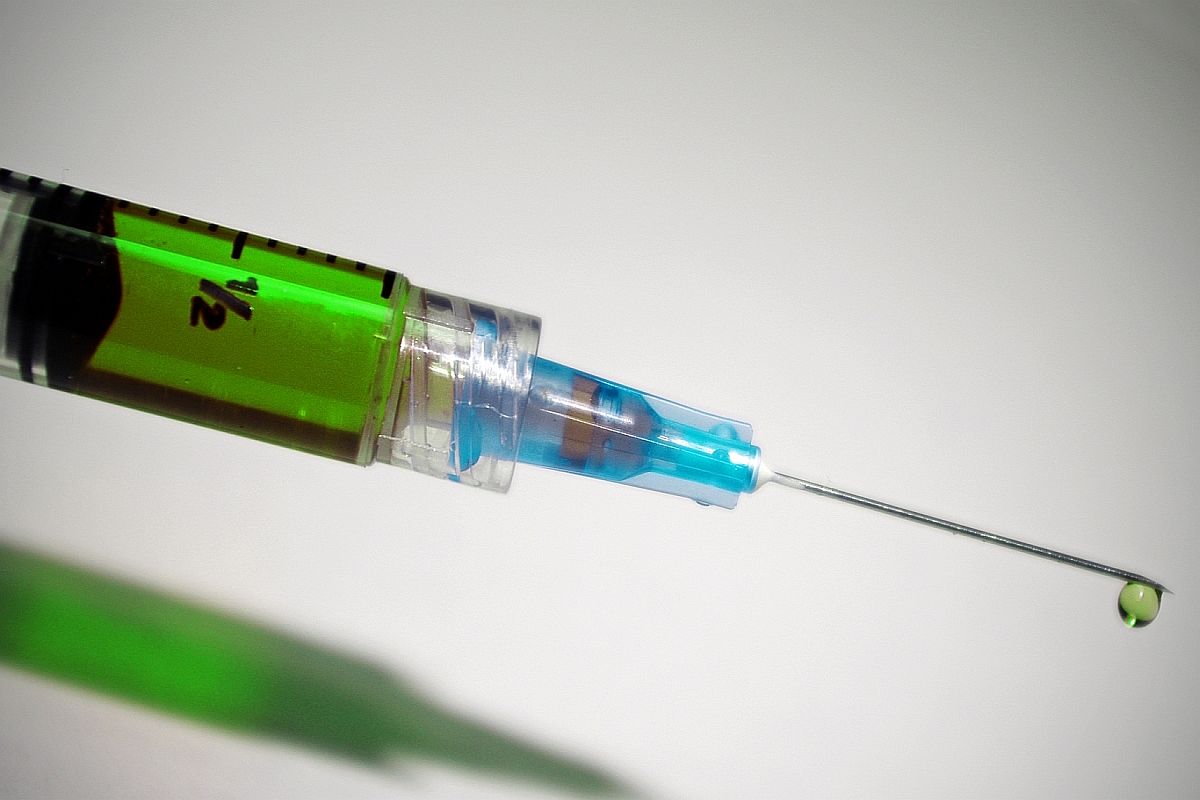WADA wants answers after banned Sun’s ‘Olympic training call-up’
The Chinese Swimming Association (CSA) subsequently said that the 1500m freestyle world record-holder is "still serving (his) suspension.
“This suspension has been imposed due to non-conformities with the International Standard for Laboratories (ISL) as identified during a WADA site visit,” the world agency said.

(Representational Image: IANS)
The World Anti-Doping Agency (WADA) has suspended the accreditation of the National Dope Testing Laboratory (NDTL) in New Delhi, India, for a period of up to six months. The development comes as a big blow for the anti-doping movement in the country with less than a year left to the 2020 Tokyo Olympics.
“This suspension has been imposed due to non-conformities with the International Standard for Laboratories (ISL) as identified during a WADA site visit,” the world agency said in a press release.
Advertisement
It is to note that the NDTL is the only laboratory in the country responsible for human sports dope testing. It was one of 34 WADA accredited laboratories in the world. The irregularities, WADA said, included some in relation to the lab’s radio mass spectrometry (GC/C/IRMS) analytical method.
Advertisement
“The suspension, which took effect on 20 August 2019, prohibits the NDTL from carrying out any anti-doping activities, including all analyses of urine and blood samples.
“During the period of suspension, samples that have not yet been analyzed by the NDTL; samples currently undergoing a confirmation procedure; and any samples for which an Adverse Analytical Finding has been reported, must be securely transported to another WADA-accredited laboratory,” WADA said in its release on Thursday.
WADA also clarified that the NDTL can appeal the decision in the Court of Arbitration for Sports “within 21 days of receipt of notice”.
The agency has advised the NDTL to address all nonconformities during the period of suspension and if the WADA’s Laboratory Expert Group (LabEG), which initiated the disciplinary proceedings, is satisfied by the work done, “it may apply for reinstatement prior to the expiry of the six-month suspension period.”
(With inputs from IANS)
Advertisement